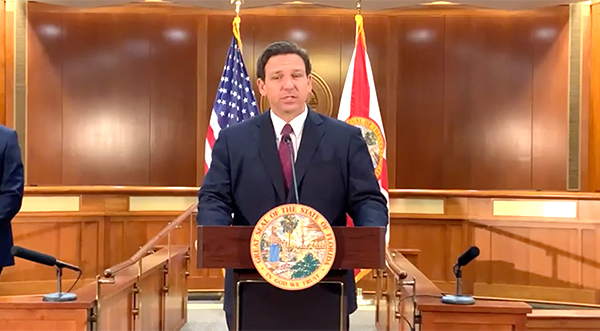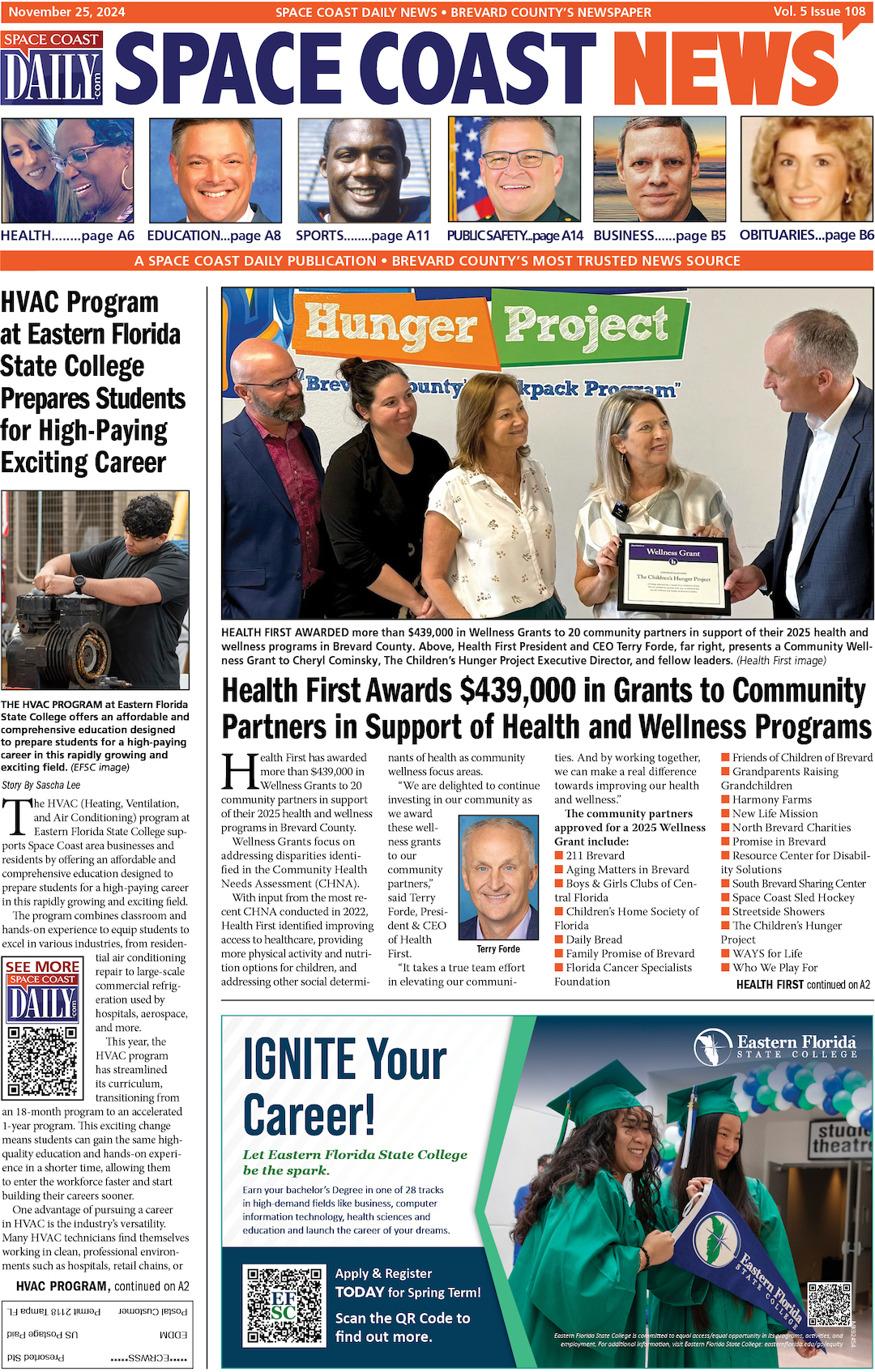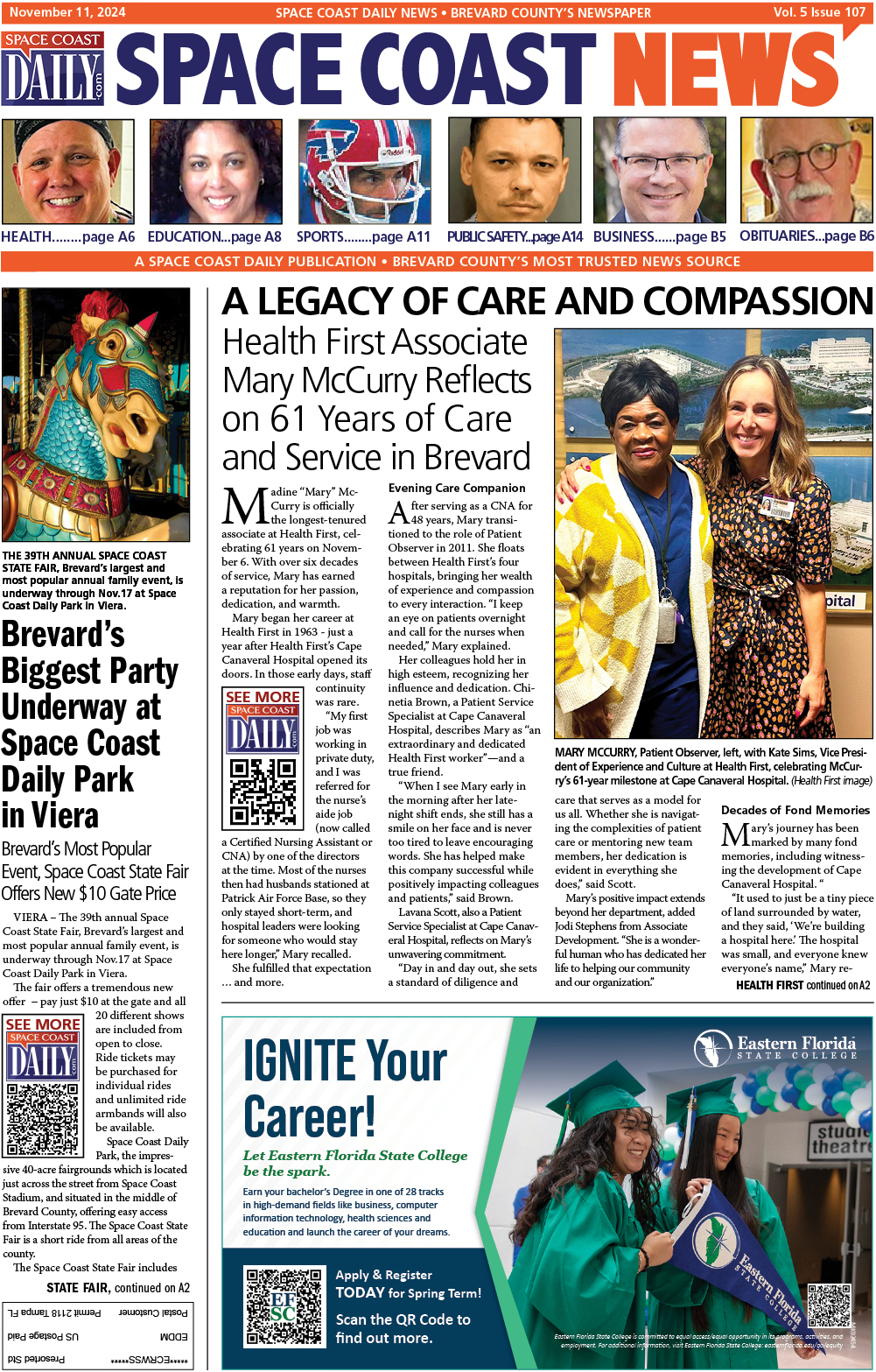What Does the Gov. Ron DeSantis Agreement with the Seminole Tribe Mean in Practice for Florida’s Gamblers?
By Space Coast Daily // April 28, 2021

Last week’s news that Governor Ron DeSantis had approved an exclusive gambling deal with the Seminole Tribe was warmly received by the State’s gambling fans.
Digging into the deal shows some particularly interesting highlights which should mean easier access to gambling for residents of the Sunshine State, while respecting safeguards, and allowing for competitive pricing.
What does the agreement encompass?
The 30-year agreement gives the Seminole Tribe exclusive rights to offer casino games such as blackjack, poker, and slots. The Tribal casino can also offer sports betting activities on competitions such as the NFL, Champions League, and Grand Slam tennis, as long as they partner with the state’s pari-mutuel sportsbook operators.
Will Florida residents be allowed to gamble online?
Yes, the agreement allows casino online gambling as well as remote sports betting, as long as the server is based in Florida, and the player is located in Florida when they place the bets. Such geographical restrictions are common practice in the US.
How will it benefit Florida’s budget?
The Seminole Tribe will pay 10% of income generated from sports betting to the State. The estimates are that the agreement will generate $6 billion of revenue by the end of the decade. Much of this increased revenue projection is based on increased tourism interest to the State, as well as the 2,200 jobs which are expected to be created in the sports betting industry.
Which gambling safeguards will be in place?
The Tribe must implement a registration process to ensure that players are of an age old enough to gamble, as well as follow the usual AML regulations.
Does the compact allow for greater competition?
Yes, particularly with regards to sports betting, since the Seminole Tribe has been given incentives to sign up more than 3 pari-mutuels (which would include the likes of William Hill, recently bought by Caesar’s Palace). This should mean that eligible sportsbooks will compete to offer better money lines on events like the Superbowl. One of the main problems in other states which have liberalized online gambling is that near-monopoly operators have offered customers uncompetitive overrounds.
Conclusion
The Agreement will soon add Florida to the number of States which allow online casino and sports betting activities. It should mean there will be enough competition to force sportsbooks to reduce the juice, while respecting safe gambling rules, and increasing the State budget over the next few decades. Now that Florida has joined the online gambling revolution, attention will now turn to California and Texas, where sports betting over the internet is still illegal.












